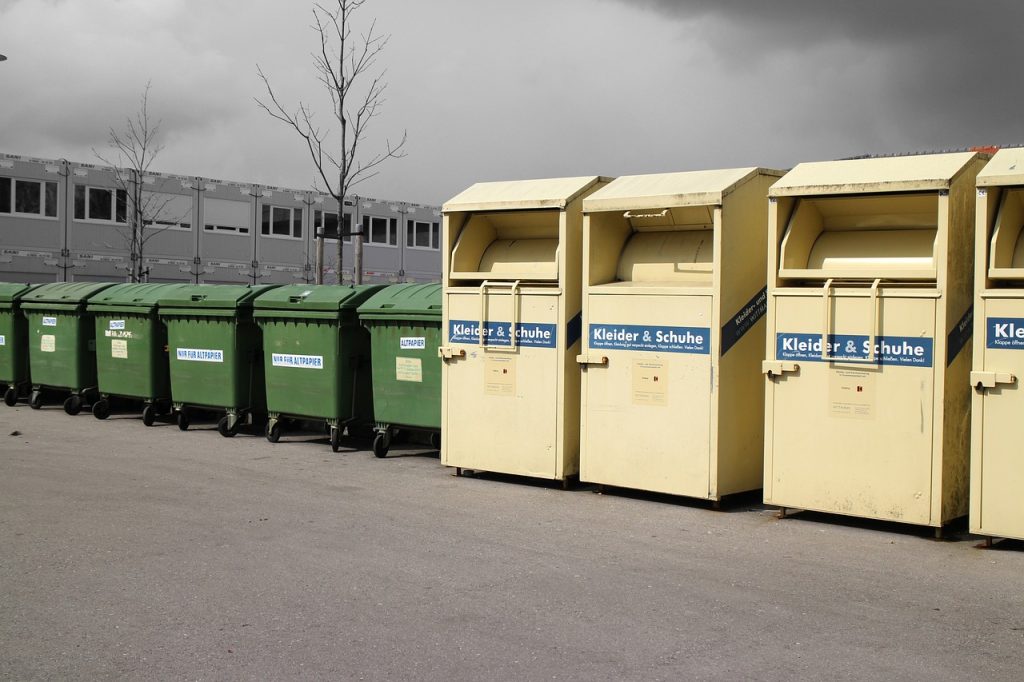Plastic recycling is a crucial aspect of reducing waste and preserving the environment. With the increasing demand for recycled plastics, new technologies are being developed to make the recycling process more efficient and effective. Here are some of the latest advancements in technology for recycling plastic:
Chemical Recycling: Chemical recycling is a new technology that uses chemical processes to break down plastic waste into its original building blocks, which can then be used to produce new plastic products. This technology is particularly useful for recycling plastic waste that cannot be easily recycled through traditional methods, such as mixed plastics and plastics contaminated with food waste.
Enzymatic Recycling: Enzymatic recycling is a new technology that uses enzymes to break down plastic waste into its original building blocks. This technology is a promising alternative to traditional methods of plastic recycling, as it is more environmentally friendly and can be more cost-effective.
Mechanical Recycling with Advanced Sorting: Advanced sorting technologies are being developed to improve the efficiency of mechanical recycling. These technologies use a combination of manual and automated processes to sort plastic waste into different categories based on its type, color, and other characteristics. This allows for a more efficient and effective recycling process, as plastic waste can be separated into its individual components and recycled accordingly.
Pyrolysis: Pyrolysis is a new technology that uses heat and pressure to break down plastic waste into its original building blocks. This technology is particularly useful for recycling plastics that cannot be easily recycled through traditional methods, such as polycarbonate and polystyrene.
Microfiber Filtration: Microfiber filtration is a new technology that is being developed to capture microplastics, which are small plastic particles that are often released into the environment during the washing of synthetic textiles. Microfiber filtration technology uses filters to capture microplastics before they enter the water supply, reducing their environmental impact.
In conclusion, new technologies are being developed to improve the efficiency and effectiveness of plastic recycling. These technologies include chemical recycling, enzymatic recycling, mechanical recycling with advanced sorting, pyrolysis, and microfiber filtration. As the demand for recycled plastics continues to grow, it is likely that these technologies will continue to evolve and improve, making plastic recycling a more environmentally friendly and cost-effective process.







